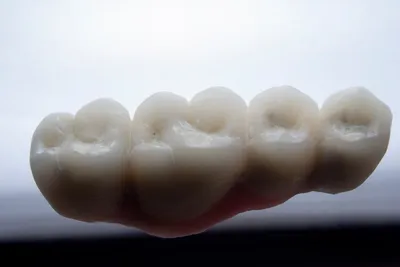The Pros and Cons of Flexible Dentures: Are They Right for You?

Understanding Flexible Dentures
Flexible dentures are an innovative alternative to traditional dentures, made from lightweight and flexible materials like nylon. They offer a comfortable, adaptable solution for those who have missing teeth but struggle with the rigidity of conventional dentures.
The Advantages of Flexible Dentures
Comfort and Flexibility
One of the most significant advantages of flexible dentures is the comfort they provide. Unlike hard acrylic dentures, flexible dentures conform to the shape of your gums, reducing discomfort and irritation.
Natural Appearance
Flexible dentures are designed to blend seamlessly with your natural gums and teeth. Their translucent material mimics the appearance of natural gum tissue, making them less noticeable than traditional dentures.
Durability
The flexible materials used in these dentures are less likely to break or crack compared to rigid dentures. This durability can result in fewer repairs and replacements, saving you time and money in the long run.
The Drawbacks of Flexible Dentures
Cost
Flexible dentures can be more expensive than traditional acrylic dentures. The specialized materials and custom manufacturing process contribute to the higher cost.
Maintenance
While they are durable, flexible dentures require careful maintenance. They need to be cleaned thoroughly and regularly to prevent bacterial buildup. Special cleaning solutions designed specifically for flexible dentures are recommended.
Not Suitable for All Cases
These dentures may not be suitable for everyone, particularly those with extensive tooth loss or severe alignment issues. It's essential to consult with your dentist to determine if flexible dentures are the right option for your specific needs.
Is Flexible Dentures the Right Choice for You?
Choosing the right denture involves considering several factors, including comfort, aesthetics, durability, and cost. If the benefits of flexible dentures align with your priorities and they are recommended by your dental professional, they might be a suitable choice for you. Always discuss your options thoroughly with your dentist to make an informed decision.
Popular Dental Implant Articles
Check out our most popular articles on dental implants and dentures, trusted by our readers for reliable information.



